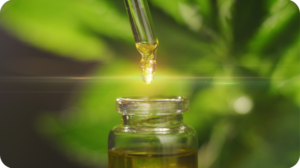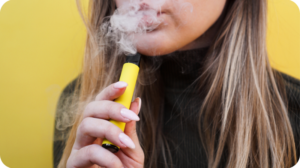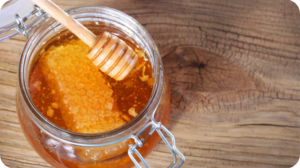Seasonal Affective Disorder (SAD) has gotten a lot of press over time. It’s been blamed for high rates of alcoholism in Scandinavian countries, winter time depression elsewhere, and other concerns. The truth is that some of those claims have been overblown, but SAD is a recognized mental condition caused by a lack of natural light and other seasonal changes. It usually occurs in fall and winter, but can afflict some people in spring or even summer.

Regardless of the season, the symptoms are similar in most cases. They include a feeling of depression, a lack of interest in usually enjoyable activities, significant appetite changes, noticeable weight gain or loss, sleep problems and low energy, and difficulty concentrating on work. In severe cases, individuals may also have suicidal ideation and lapse in to clinically serious, life-disrupting depression, or engage in episodes of violence.
Fortunately, there are simple and effective treatments for the disorder.
Treating SAD
SAD is normally diagnosed by a mental health professional, who often uses a checklist questionnaire to determine the diagnosis. The professional then offers treatment options, and more than one may be used in concert.
- SAD lights. Vitamin D deficiency is suspected in most cases of SAD, due to a lack of sunlight exposure. The deficiency can be remedied by exposing the skin to light that mimics the spectrum of sunlight. Although SAD light bulbs are sold for use in office lighting fixtures, clinical treatment of SAD is usually done with a SAD light box specifically designed to treat the condition. The light box is more powerful than light bulbs, and contains the full spectrum of sunlight but screens out harmful UV rays. The patient exposes as much of his or her body and face to the light box as is reasonable, for 30 minutes to an hour or more per day.
- Supplemental Vitamin D. Another way to increase the amount of vitamin D in your body is by taking supplements. These often have a noticeable effect within a few days. The dose should be recommended by a doctor or other medical professional, but the supplements can be bought over the counter. You should, however, buy a reputable brand that is labeled as being independently tested through a third-party lab.
- Therapy and antidepressants. More serious or life-disrupting cases of SAD may require consultation with a psychologist, psychiatrist, or counselor specializing in the disorder. The professional may recommend a course of in-person therapy, anti-depressant or anti-anxiety drugs, or both.
Doctors are not certain exactly what causes SAD, although there is significant evidence that it may have to do with a lack of mood-controlling hormone serotonin in the brain. In any case, you do not need to suffer in silence; there are a number of possible treatments from simple to more involved. All start with an initial consultation and honest conversation with your primary caregiver.





